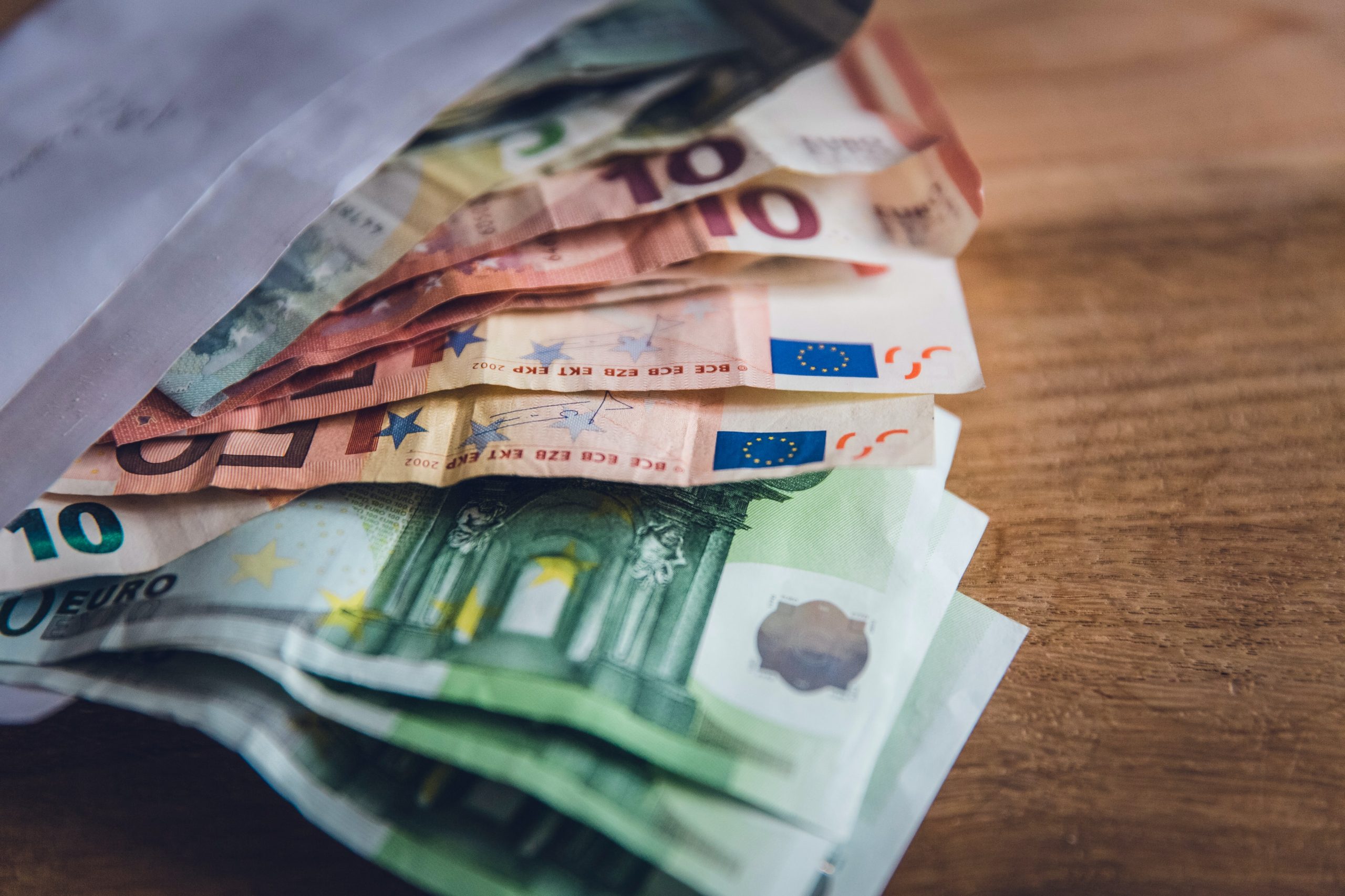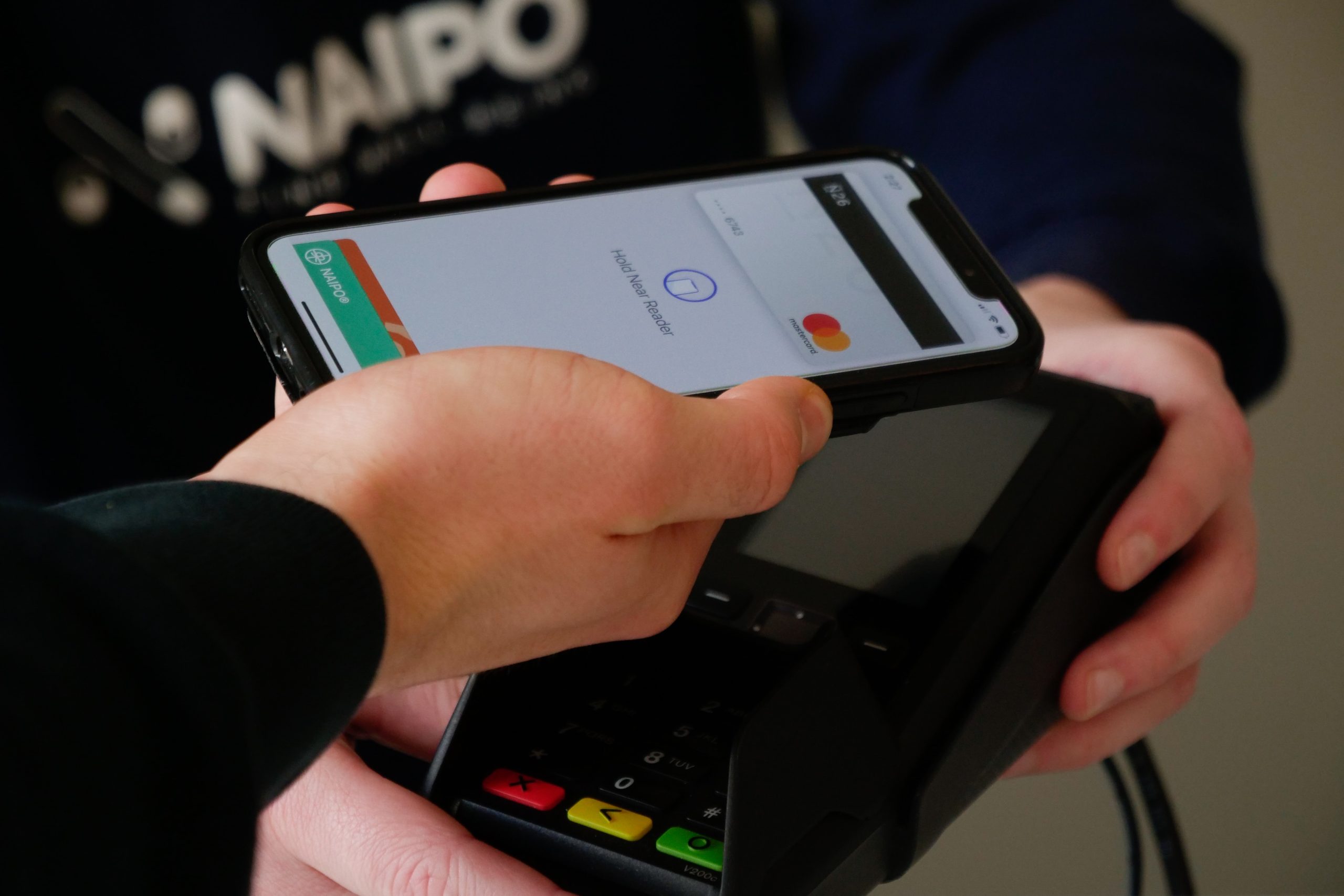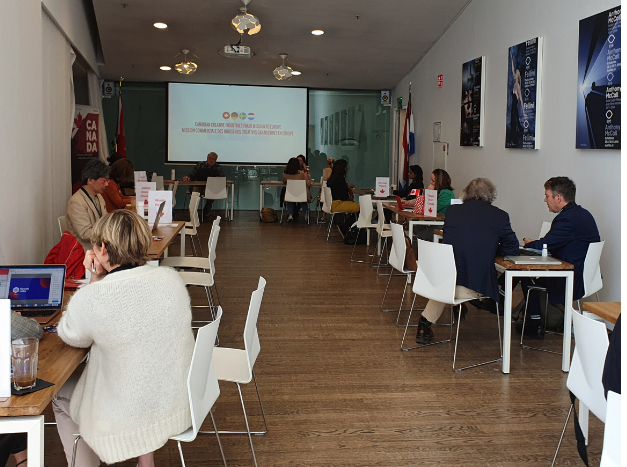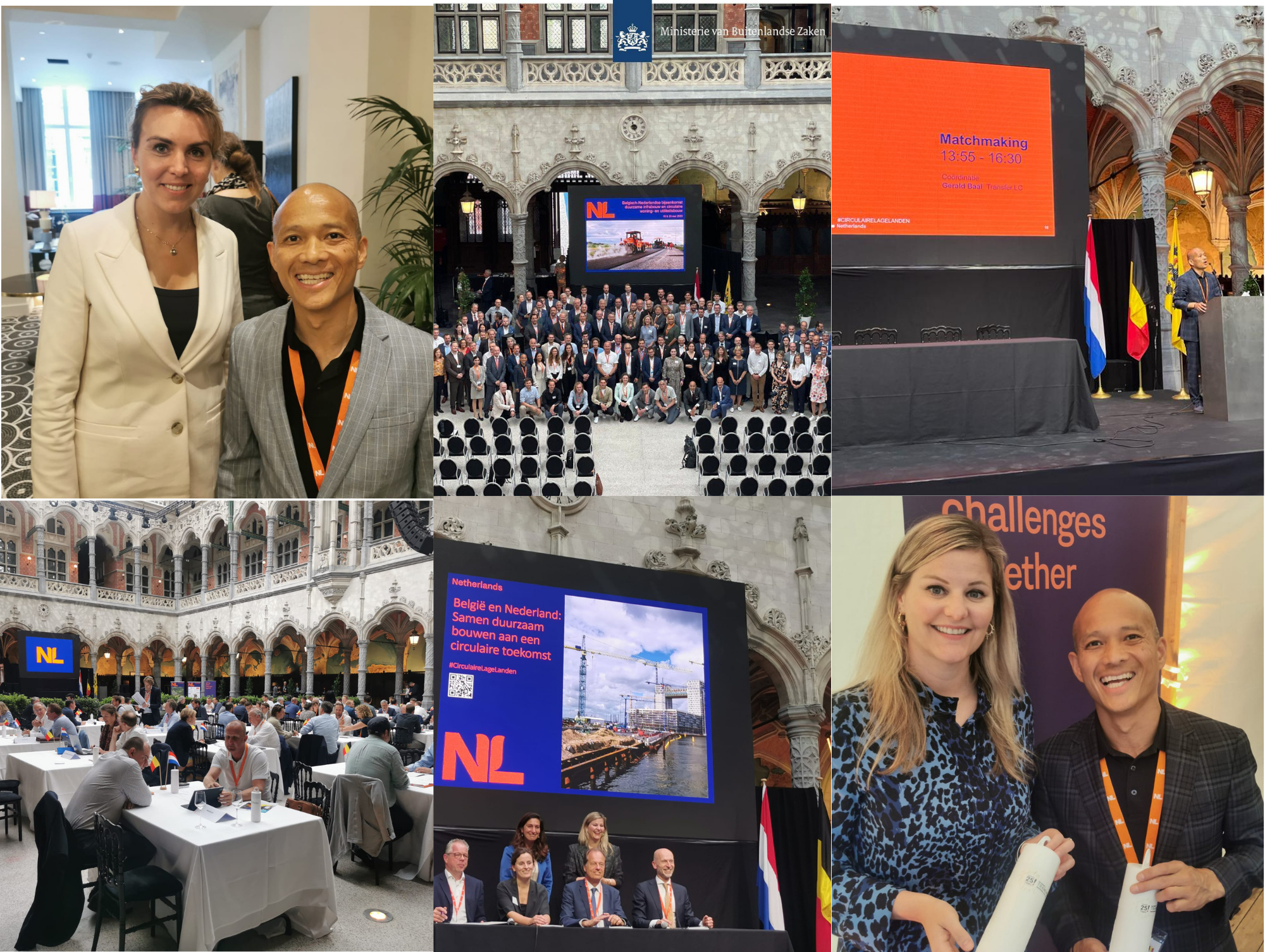German Retail Market Trends
Demand in the German retail sector has been boosted by e-commerce, especially since the pandemic began. Consumers are shopping online more than ever before, for groceries, clothing and other items. In 2020 in Germany, 56% of sales in stores were made via contactless payments. Kamps, the top bakery, even offered a 3% “innovation discount” to customers willing to pay by card back in June of last year. Additionally, more than 20% of people who made contactless payments tried this method of payment for the first time in 2020. This was a result of people’s fear that cash might help spread the coronavirus, although there is no evidence of that. However, payments by smartphone were far less common, with just 13% of smartphone owners using their devices to buy products.
The trend of “being green” is strong in Germany, as customers are now more environmentally conscious than they were before, mainly due to how easy it is to access this information on the internet and because of many environmental campaigns being all over the media recently. In line with environmental consciousness is the increase in customers that prefer organic foods. In 2021, 24% of customers prefer organic food products because they are grown without the use of chemical fertilizers and pesticides, which makes them more environmentally friendly and socially responsible.
The average German consumer welcomes discount retail brands as well as big brands, and these customers often prioritize price over brand names. Nevertheless, one of the things that characterizes German consumers is how easily they are able to compare high-quality products. In many cases, they like to research a product online first, and then they purchase it offline at the company’s physical store. Therefore, it is very important that businesses in Germany have an omnichannel strategy, meaning that they have an online shop as well as a so-called bricks and mortar store. Otherwise, German customers will most likely overlook your business simply because you don’t have an online store. Furthermore, Germans like feeling like they can trust a company before buying their products, so being transparent and communicating with customers is a crucial part of being successful in this market.







